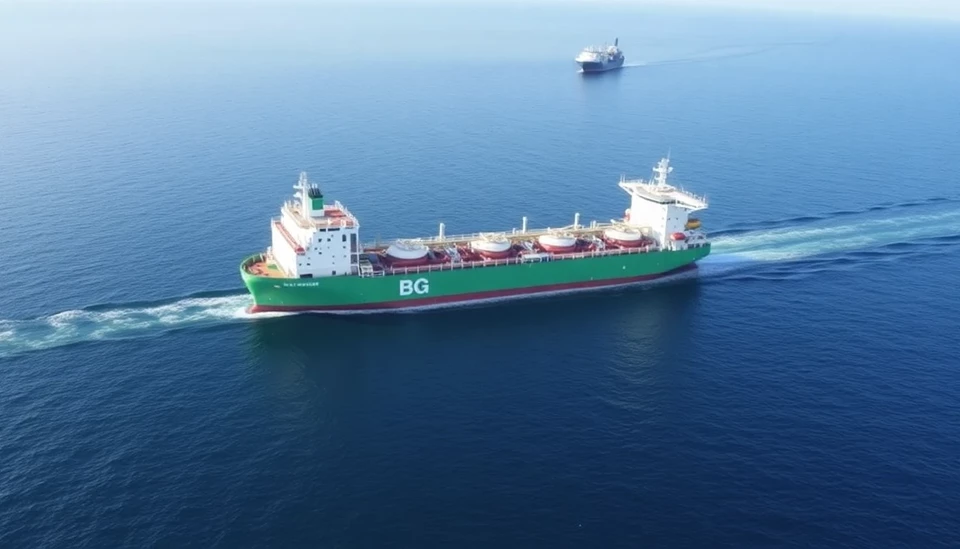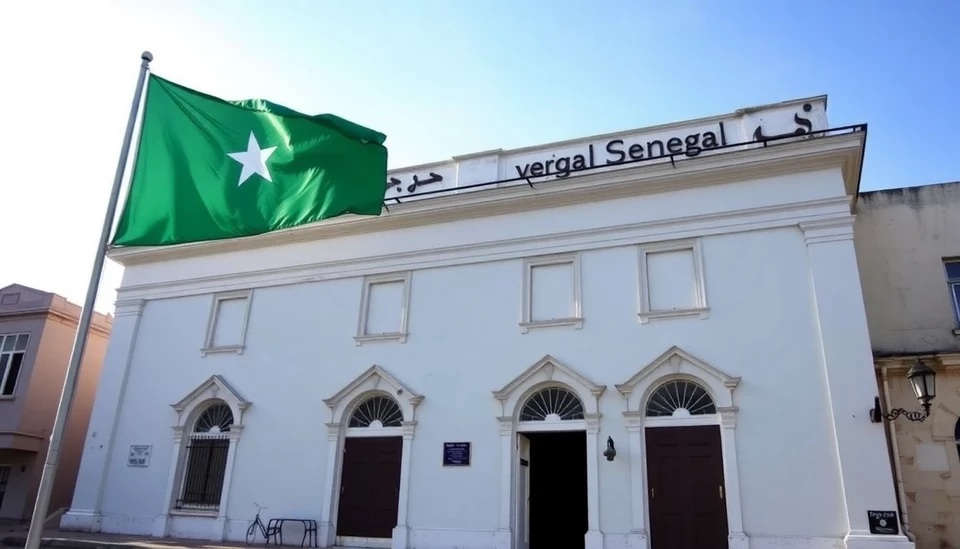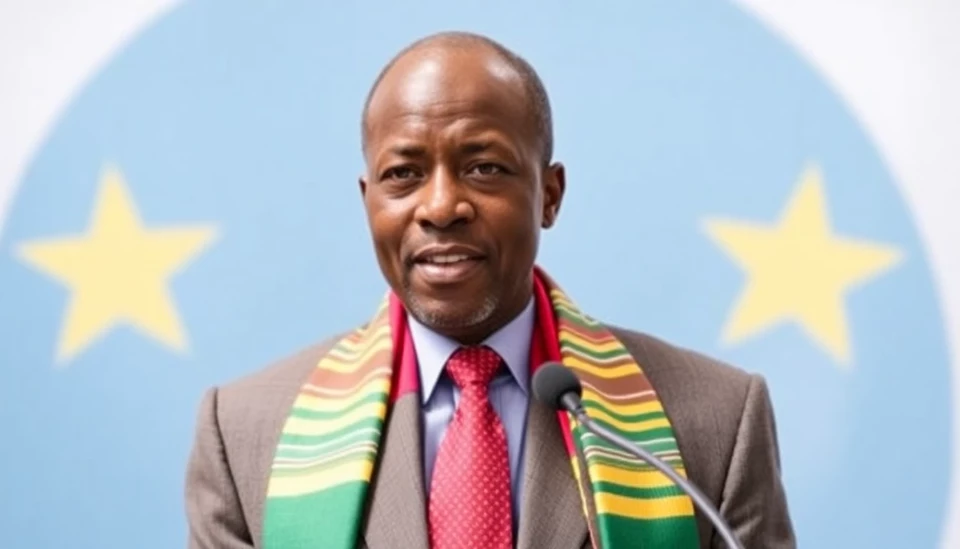
In a significant development for the West African nation, Senegal's credit rating has been downgraded by Standard & Poor's (S&P) following substantial revisions to the country’s debt figures. This downgrade, which elevates concerns over the nation's financial stability, reflects the increasing challenges Senegal faces in managing its fiscal policies in a fluctuating global economic landscape.
The rating agency lowered Senegal's credit rating from 'B+' to 'B', citing that the country’s actual debt levels are notably higher than previously reported. This adjustment has raised red flags for investors and analysts, who are now reassessing the risk associated with lending to Senegal amid these financial uncertainties.
According to S&P, the revisions reveal a trend of rising debts, which have accumulated as Senegal has ramped up public spending to stimulate growth. These fiscal strategies, while aimed at enhancing infrastructure and social services, now appear to have contributed to an unsustainable debt burden. The agency’s report indicates that the combination of higher-than-anticipated fiscal deficits and a stagnating economy has led to this significant rating adjustment.
Amid these developments, Senegal has also grappled with the challenges posed by global economic shifts, including rising commodity prices and global inflation. These factors have put additional strain on the government’s budget, further exacerbating the debt situation.
S&P expressed that the downgrade could have severe implications for Senegal's access to international funding and investment. This change in rating could lead to increased borrowing costs for the country, hampering its efforts to attract foreign investment and undermining the progress made in various sectors.
In light of these challenges, Senegalese authorities will need to reassess their economic strategies and implement robust measures to manage public debt levels effectively. The government has previously made commitments to fiscal discipline and economic reforms, and it remains to be seen how these will be realigned in response to the downgrading of their credit rating.
Economists speculate that the outlook for Senegal's economy will depend heavily on the government's ability to restore investor confidence while navigating the current fiscal landscape. Continuous monitoring of debt levels and economic performance will be crucial for sustaining growth and ensuring financial stability.
As the global economic environment shifts, Senegal’s struggle with its upgraded debt levels highlights a larger issue faced by many developing nations attempting to balance growth and fiscal responsibility amidst external pressures.
The implications of the downgrade reiterate the importance of prudent fiscal management and the potential risks of excessive borrowing in uncertain economic climates. Stakeholders across the board, from government officials to foreign investors, will be watching closely as Senegal navigates this critical juncture.
In conclusion, Senegal's recent credit rating downgrade serves as a wake-up call not only for the nation but also for similar economies facing debt challenges in today's complex financial environment.
#Senegal #CreditRating #DebtCrisis #FinanceNews #GlobalEconomy #Economy #Investment #StandardAndPoors
Author: Laura Mitchell




